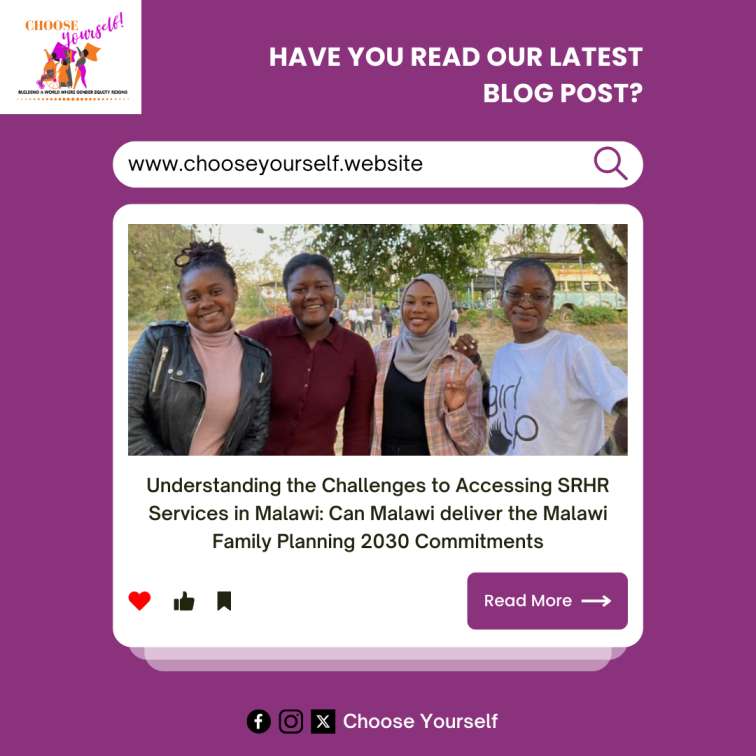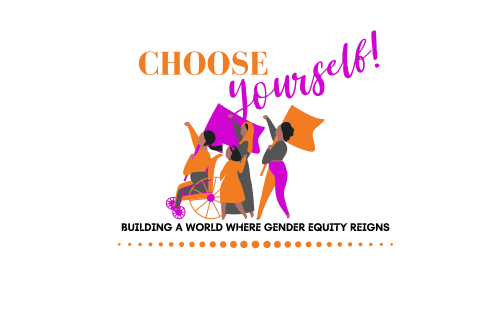“There should be structures put in place for women to have access to information about SRHR that will make it possible for them to make informed decisions about issues that affect their bodies”
In 2023, there are still a lot of struggles in Malawi for women to easily access SRHR information and services. There are still a lot of myths around getting contraceptives, furthermore, culture and religion also enforce limitations to accessing the same.
As much as others get to enjoy easy access to information using the internet which also has its negative side, especially with misinformation and disinformation, the National Statistical Office in 2020 reported that only 14.6% of the population has access to the internet, even less of this population is women. This shows that disseminating information needs a multifaceted approach.
For some years now, interventions to ending child, early and forced marriages and reducing teenage pregnancies have been implemented on a large scale but yet there seem to be little positive impact on the ground. The space discussed the importance of checking the approaches that have been used so far. The recommendation is to use a more bottom-up approach where the root causes, the systemic patriarchal systems are addressed on the ground rather than dealing with symptoms and not root causes. Rights of adolescent girls and young women continue to be violated and most of these violations go unreported and if reported, it goes unpunished. This perpetuates the violence and the law enforcers.
Intersectional approaches to implementing FP2030 commitments including Youth friendly services, as there are still providers who are known to be non-friendly to the youth, especially to young women. The attitudes that these young people experience is a hindrance to their full enjoyment of SRHR services.
Furthermore, we would like to highlight the reproductive health issues that women and young girls are facing and how there are so many misconceptions and myths around the illnesses that affect women’s reproductive health.
There is a need for more open conversations around illnesses like endometriosis, cysts, fibroids. Access to health services that can easily scan and test and have governments provide services that can adequately provide treatments for the same. This should be complemented by access to correct information on the same and addressing economic, social, cultural barriers. A lot of AGYW can not afford going to a gynecologist specialist, the government services are overwhelmed and tend to brush off patients complaining about very painful or inconsistent menstruation. Screening for such illnesses can help to identify the problems earlier and start treatments.
Alinafe Lakoya,
GT Coordinator Malawi


